Speakers
Scientific Speakers
We will have two scientific presentations given by:
-
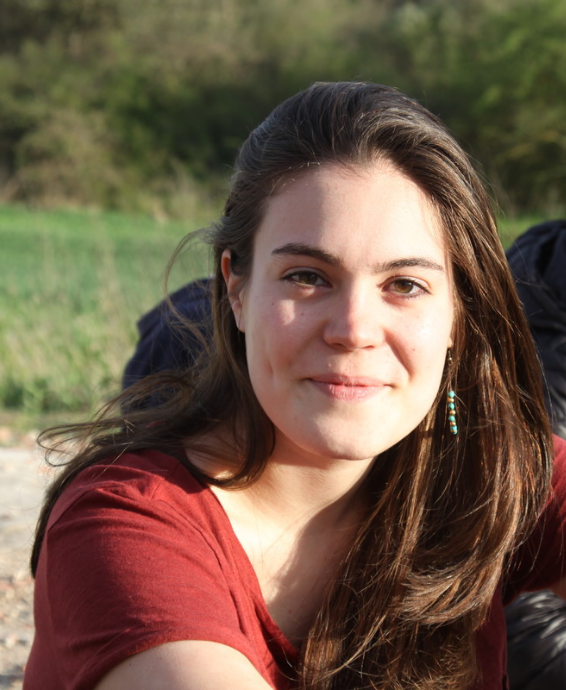 Marta Bellés Muñoz, Researcher at Dusk Network and Teaching Assistant at Pompeu Fabra University, Spain
Marta Bellés Muñoz, Researcher at Dusk Network and Teaching Assistant at Pompeu Fabra University, Spain
She studied mathematics at the Autonomous University of Barcelona and later pursued a master's degree in Mathematics at Aarhus University. During those years, she combined her academic work with a career in classical music. In 2018, she returned to Barcelona and joined a project developing a blockchain-based identity system. Shortly after entering the blockchain space, she began her PhD at Pompeu Fabra University, where she focused on the use of elliptic curves in zero-knowledge proof systems. Today, she continues to teach at Pompeu Fabra University while working for a Dutch blockchain company called Dusk.
Pronouns: She/Her -
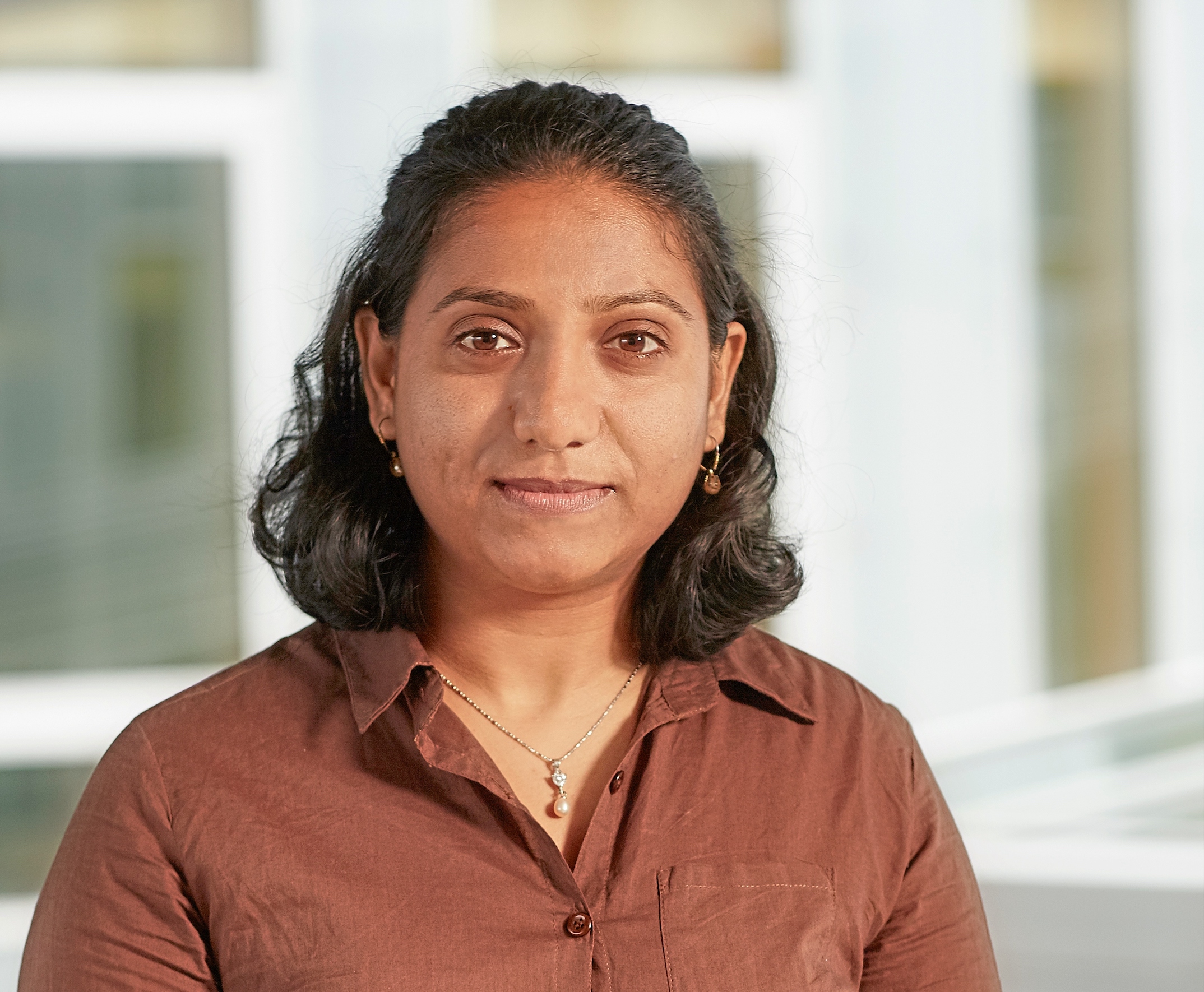 Chaya Ganesh, Assistant Professor in the Department of Computer Science and Automation at Indian Institute of Science, India
Chaya Ganesh, Assistant Professor in the Department of Computer Science and Automation at Indian Institute of Science, India
Chaya Ganesh is an Assistant Professor in the Department of Computer Science and Automation at Indian Institute of Science. Before joining IISc, she was a post-doctoral researcher in Aarhus University, and prior to that she received her PhD from NYU's Courant Institute of Mathematical Sciences. Her research interests are broadly in Cryptography and Security. More recently, she is exploring efficient zero-knowledge proofs and rational cryptography. She has won the IBM global university award, Google and Protocol labs research grants, Infosys Young investigator award and Intel Rising Star Faculty award. She helps co-organize Bangalore Crypto day.
Pronouns: She/Her
Educational Speakers
We will have two educational workshops given by:
-
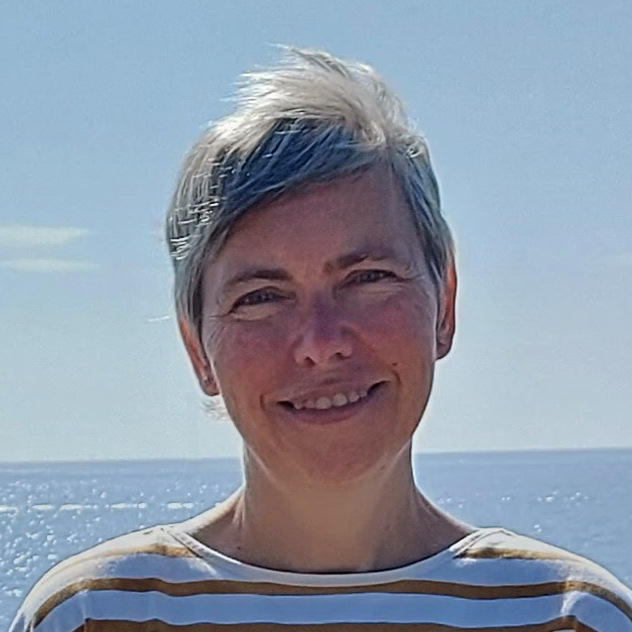 Natacha Portier, Associate Professor at the Laboratoire de l'Informatique du Parallélisme in ENS Lyon, France
Natacha Portier, Associate Professor at the Laboratoire de l'Informatique du Parallélisme in ENS Lyon, France
Natacha Portier has a PhD in mathematical logic. She's an associate professor in computer science at Ecole Normale Supérieure de Lyon, where she also is Gender Equality Advisor. She's also a certified Life Coach and works with scientific women, helping them to feel good and confident at work, and to grow professionally.
-
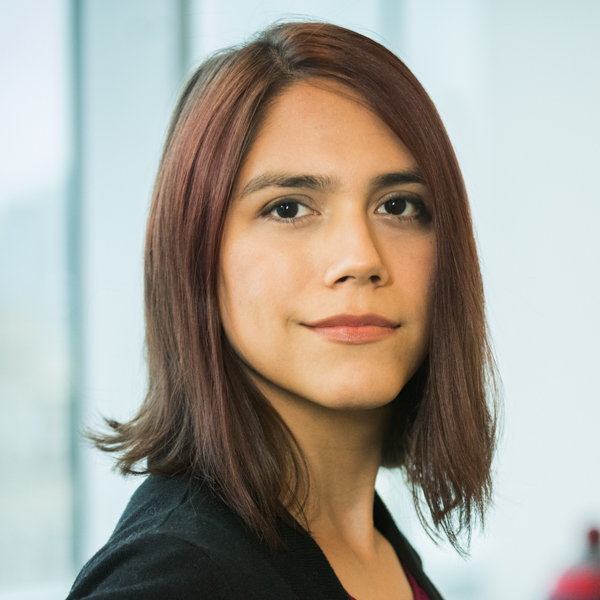 Kylie Ariel Bemis, Assistant Teaching Professor in the Khoury College of Computer Sciences at Northeastern University, USA
Kylie Ariel Bemis, Assistant Teaching Professor in the Khoury College of Computer Sciences at Northeastern University, USA
Kylie Bemis holds a B.S. in Statistics and Mathematics, an M.S. in Applied Statistics, and a Ph.D. in Statistics from Purdue University. In 2013, she interned at Stanford's Canary Center for Cancer Early Detection, where she developed the Cardinal software for statistical analysis of mass spectrometry imaging. In 2015, she received the John M. Chambers Statistical Software Award from the American Statistical Association. After a postdoc with the Olga Vitek lab at Northeastern University, she joined the faculty in 2019 to teach and develop curriculum for the MS in Data Science program. Her research interests include machine learning and statistical computing for bioinformatics.
While at Purdue, she led the Purdue AISES chapter and served as secretary for the Native American Student Association. She is a Rising Hearts Athlete Advocate for the Native American, LGBTQIA+, and neurodivergent communities. An enrolled member of the Zuni tribe, she is also a fiction and poetry writer. Her work appears in "Nameless Woman: An Anthology of Fiction by Trans Women of Color" (2018), "Maiden Mother Crone: Fantastical Trans Femmes" (2019), and "Transcendent 4" (2019).
Panelists
We will have two panel discussions on the topics of:
- Panel 1 - Advocating for Diversity:
We hear from people involved in different initiatives, events, and communities who advocate for diversity and inclusion in the field of cryptography and security, and talk about their success as well as their challenges.
-
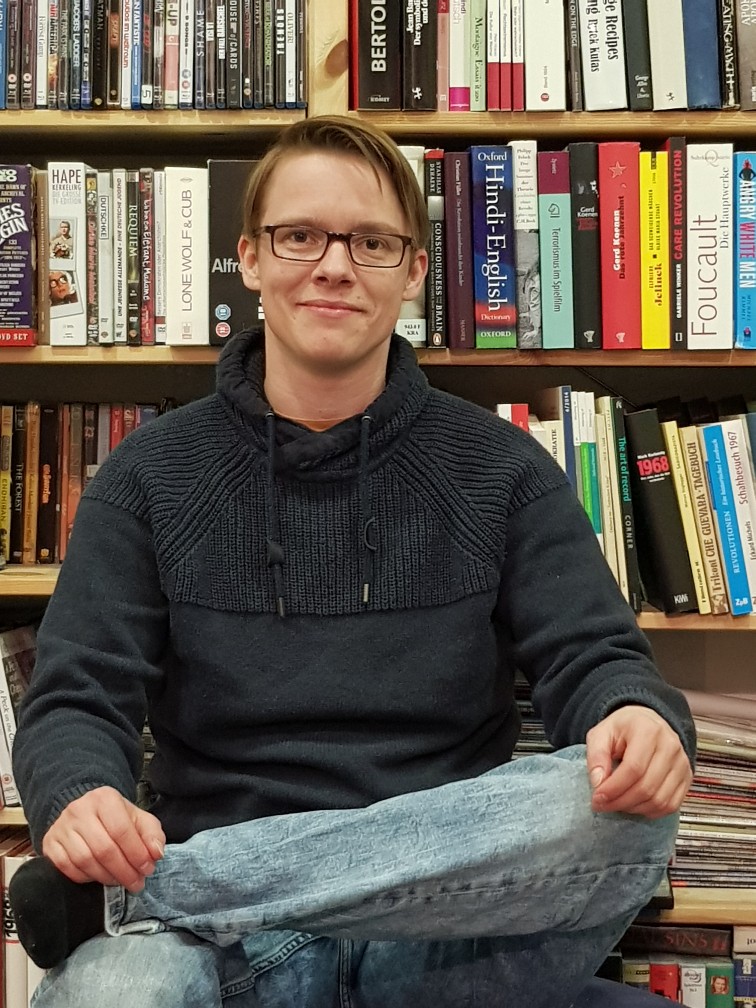 Chris Brzuska
Chris Brzuska
Chris' research is in cryptography, where he particularly enjoys showing that something is impossible (e.g., random oracle uninstantiability or the impossibility of building one-way functions from weaker assumptions). He also works on real-world key exchange protocols (e.g., TLS, MLS, EMV), leveraging modular techniques (like state-separating proofs) and formal verification.
Chris is a faculty member in the departments of Computer Science as well as Mathematics and Systems Analysis at Aalto University in Finland. Previously, he was a junior professor at TU Hamburg, postdoctoral researcher at Microsoft Research Cambridge and Tel-Aviv University, and PhD student of Marc Fischlin at TU Darmstadt (PhD in 2012).
-
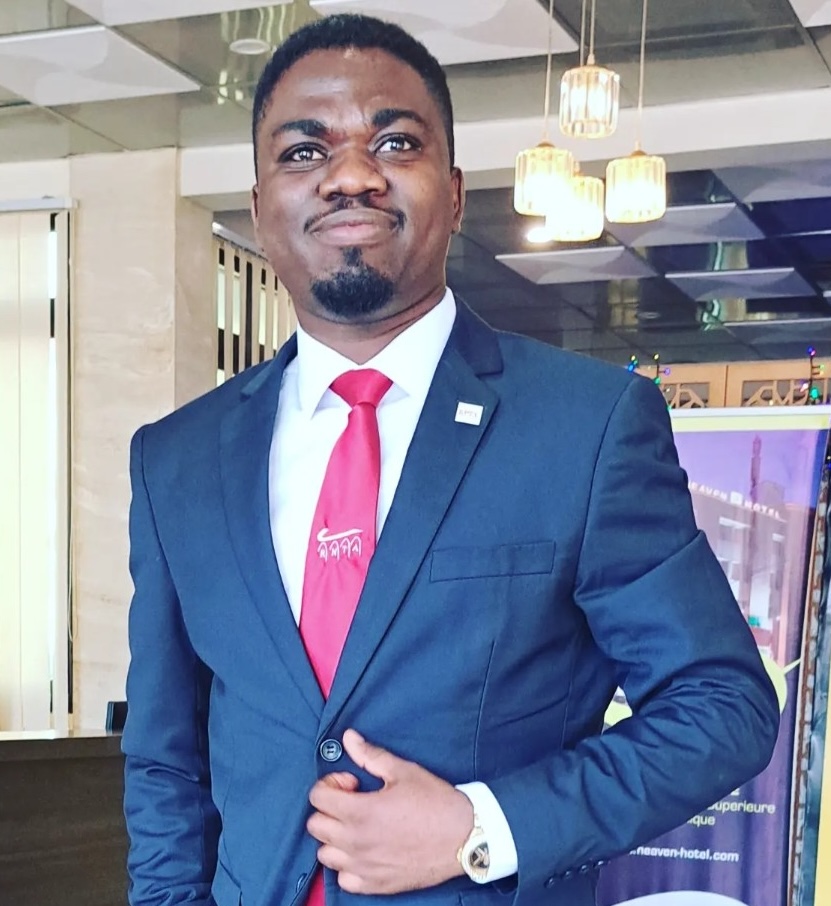 Tako Boris Fouotsa
Tako Boris Fouotsa
Boris is a postdoctoral researcher in the Security and Cryptography group at EPFL. He enjoys designing and analyzing isogeny-based protocols and is actively involved in developing cryptology in Cameroon and across Africa. He helped launch a Master/PhD program in Cybersecurity and Mathematical Cryptology in Cameroon, partially funded by the Belgian government. -
 Erin Hales
Erin Hales
Erin (she/her) is a cryptography researcher at Optalysys, based in the UK. She has (nearly) finished her PhD working on FHE and has a background in maths. As well as research, she has experience as a teacher especially working with neurodiverse learners and adults returning to education. She is excited to join the panel to talk about her experiences with autism and disability in academia, it is exciting and daunting to 'come out' as disabled. -
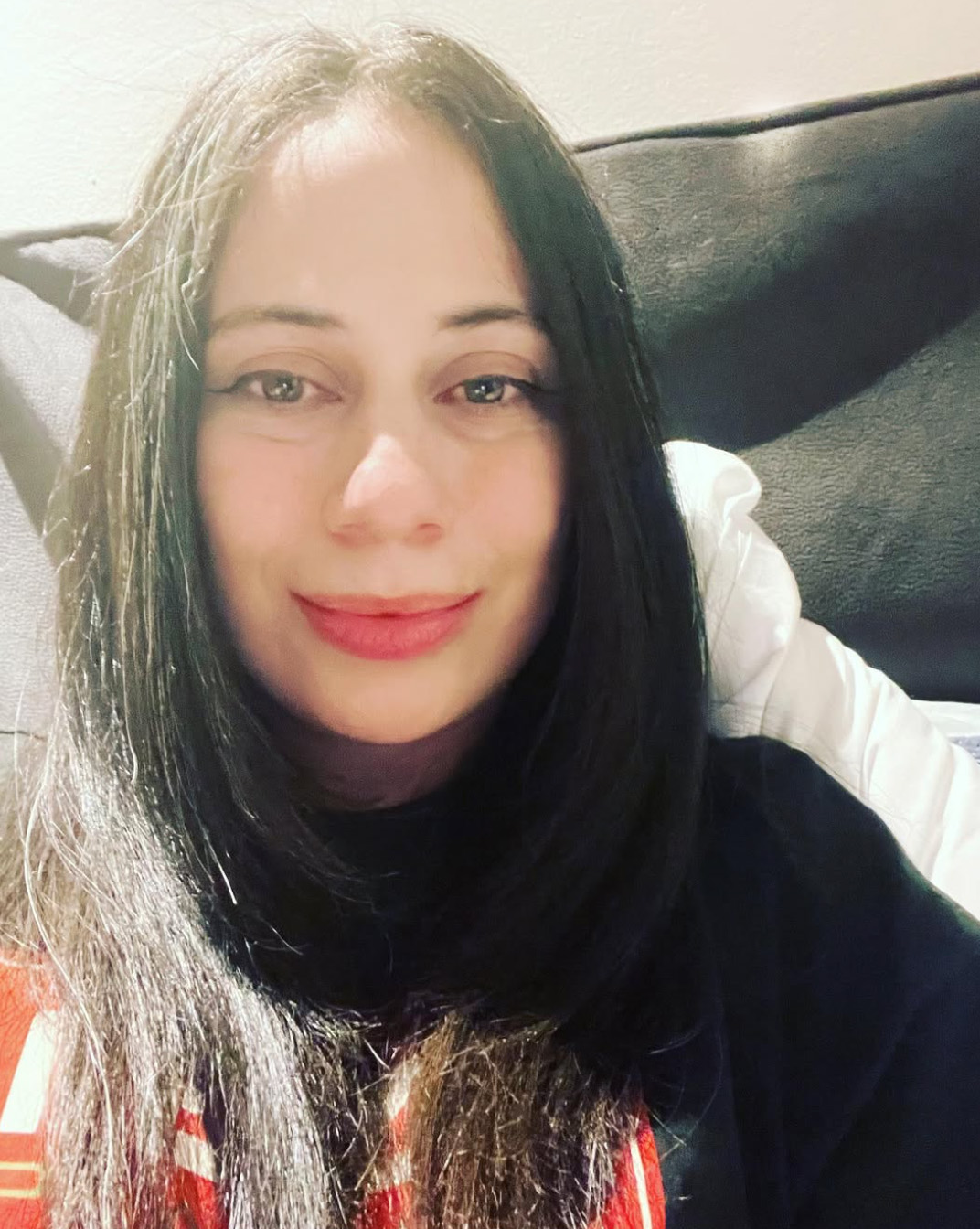 Sofía Celi
Sofía Celi
Sofia Celi is a Senior Cryptography and Security Researcher at Brave. She co-authored the PQC signature scheme "MAYO," submitted to NIST. She serves on the European Review Board at BlackHat and she is a Honorary Industrial Fellow in Cryptography for Privacy at the University of Bristol (an honorary position). She is also a member of the Advisory Council at the Open Technology Fund (OTF) and hold various leadership roles within the IETF, IRTF, and W3C. Her work extends to expert consultations for the United Nations and other human rights organizations, where she focus on the intersection of human rights and technical standards for emerging technologies. As a co-founder of Criptolatinos and WinC, she is committed to fostering diversity in cryptography. She also contributes to the academic community as a member of the Latincrypt Steering Committee, Publicity Co-Chair of the PETS Symposium, and IACR ePrint Co-Editor.
-
- Panel 2 - Breaking the Cycle:
In this panel, we aim to discuss how, at different career stages, we can break the cycle of behaviours that unintentionally hinder diversity and inclusion. We aim to explore how to recognize and address these patterns in order to create a more inclusive environment.
-
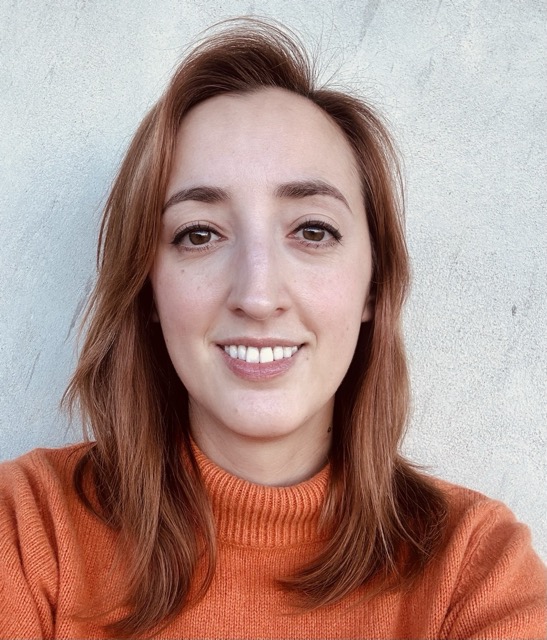 Ilaria Chillotti (She/Her)
Ilaria Chillotti (She/Her)
Ilaria Chillotti is currently a researcher in cryptography at Desilo Inc. Her main research focus is Fully Homomorphic Encryption (FHE), and more generally Privacy Enhancing Technologies and their applications. She defended her PhD in 2018 at University Paris-Saclay (France). Before joining Desilo, she worked at Microsoft Research (Redmond, USA), KU Leuven University (Leuven, Belgium), and Zama (Paris, France). She is notably one of the authors of the scheme TFHE, which is one of the most studied FHE schemes nowadays. -
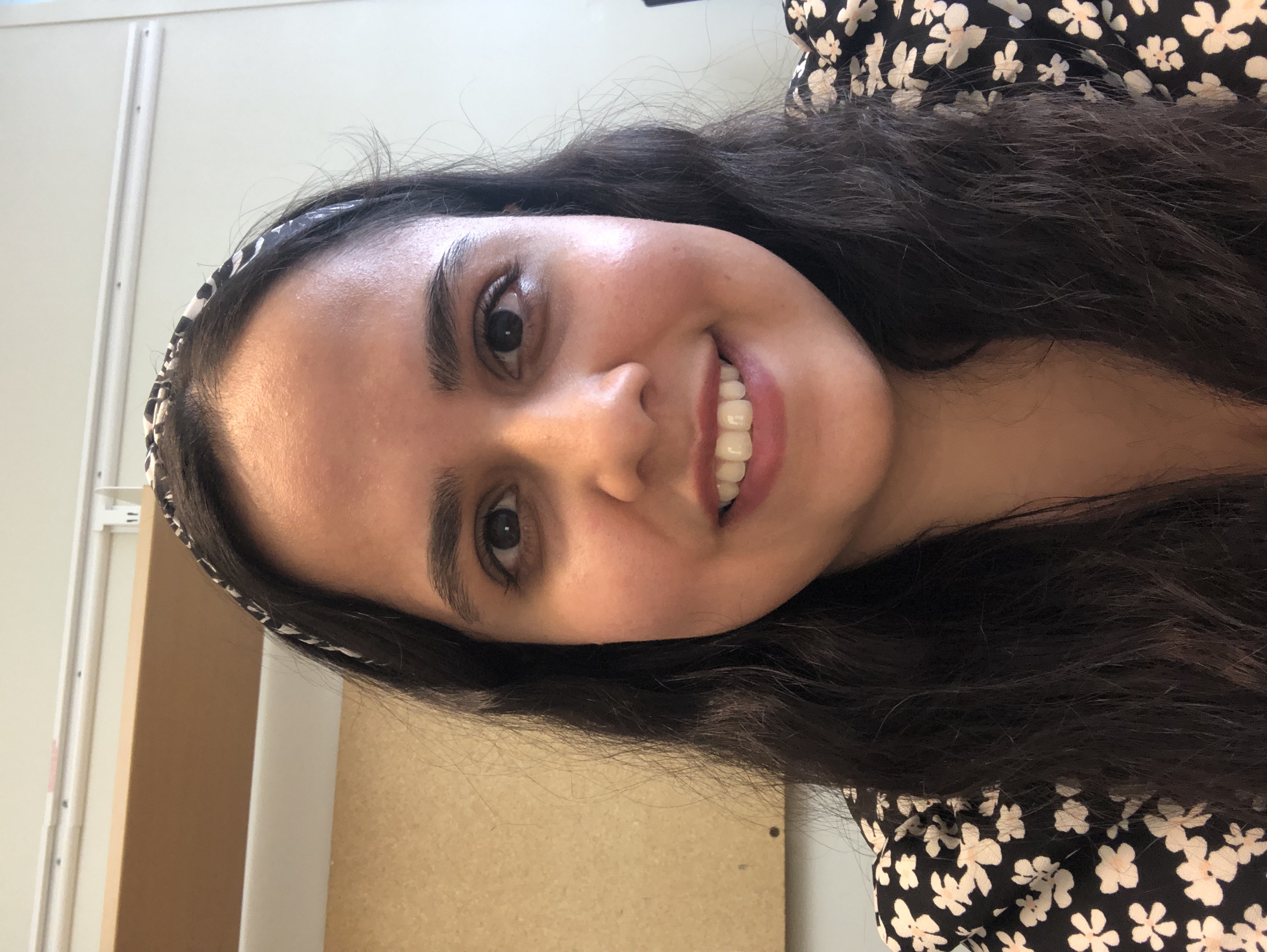 Reyhane Falanji
Reyhane Falanji
Reyhane completed her bachelor's and master's degrees in computer science at the Sharif University of Technology and Université Grenoble Alpes, respectively. She is currently pursuing her PhD in Computer Science at Linköping University (Sweden), specializing in formal verification of protocols. Beyond her academic work, she is also interested in sustainability, gender awareness, and supporting underrepresented groups in society. She is a board member of the IDA PhD Council at Linköping University, representing the PhD students in the department research board (FANS), as well as a board member and secretary of LiUPhD, the PhD chapter of the student unions StuFF and LinTek. -
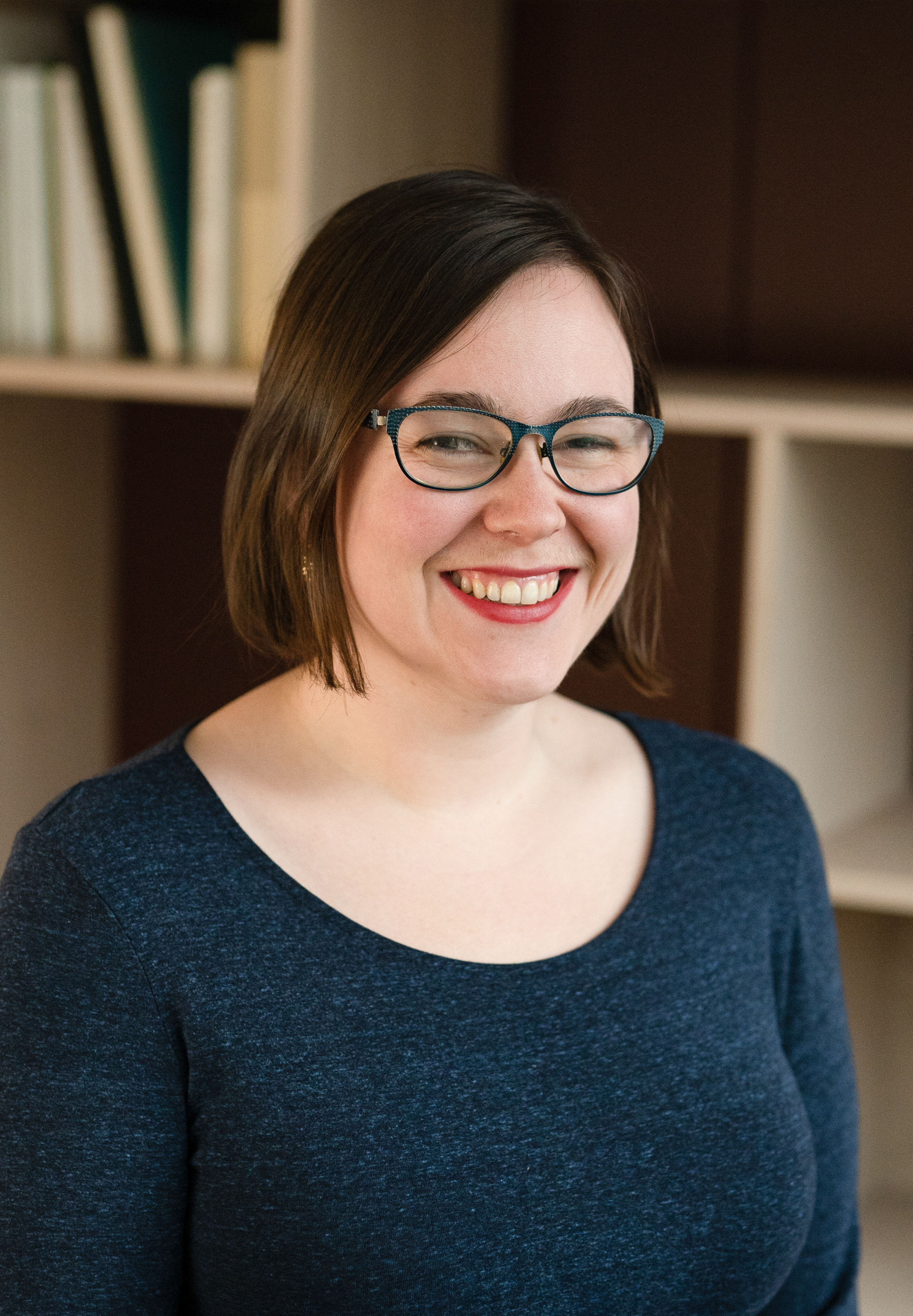 Martha Norberg Hovd
Martha Norberg Hovd
Martha Norberg Hovd is currently a postdoctoral fellow at SimulaUiB in Bergen, Norway, where she is working on fully homomorphic encryption and supervising both master’s and bachelor’s students. She completed her PhD in Cryptography at the University of Bergen, after earning her MSc in Mathematics and BSc in Physics and Comparative Literature at the Norwegian University of Science and Technology. -
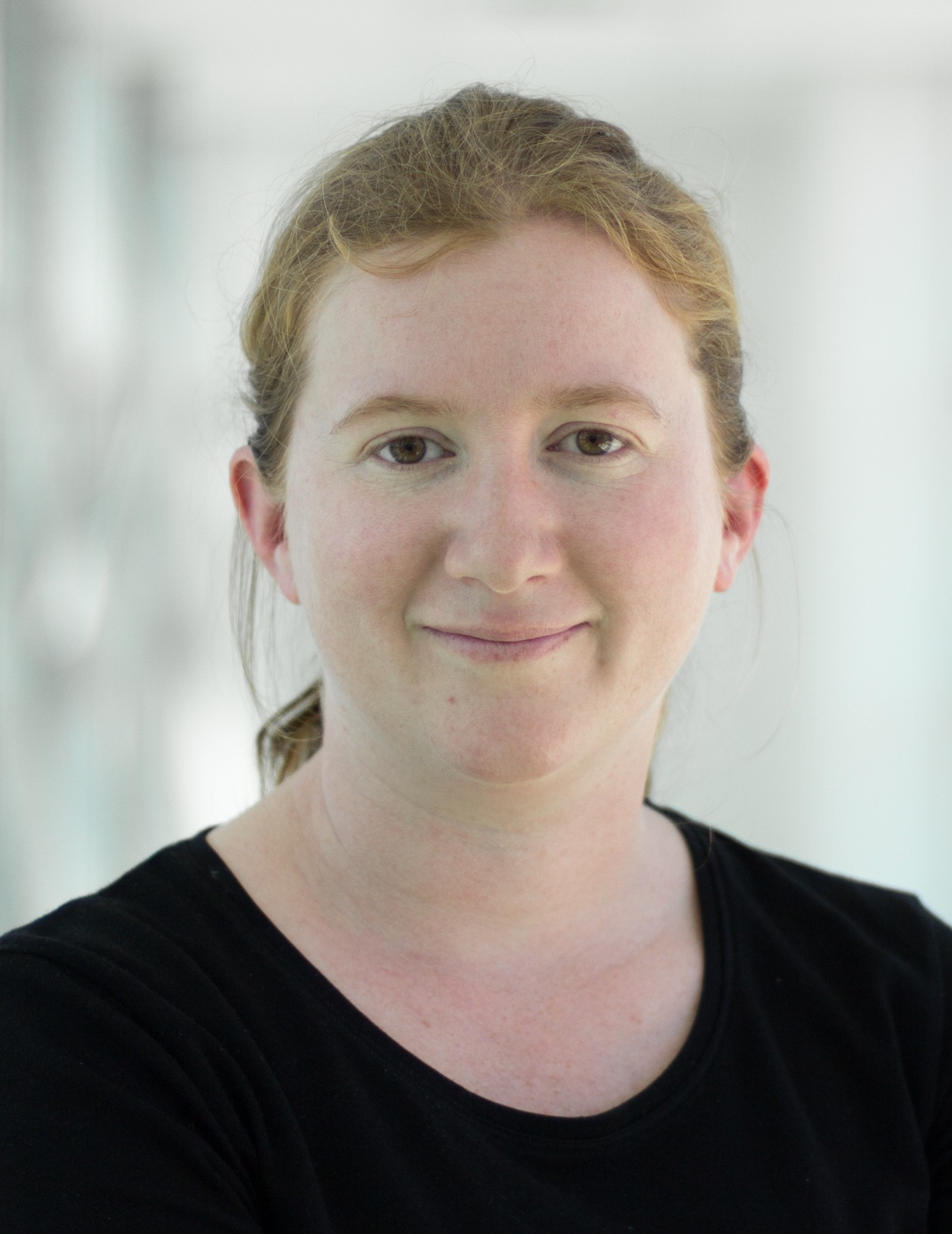 Adeline Roux-Langlois
Adeline Roux-Langlois
Adeline Roux-Langlois is a full-time researcher for CNRS (directrice de recherche) at the GREYC Lab in Caen, France. She earned her PhD at ENS Lyon in 2014 and was a postdoctoral researcher at EPFL in Switzerland. Her research focuses on lattice-based cryptography, particularly on the theoretical hardness of assumptions such as the Learning With Errors problem (LWE) and its Module variant (MLWE), as well as the construction of advanced cryptographic schemes. She is one of the two coordinators of the national working group on Codes and Cryptography, where she initiated inclusion and gender-equality actions.
-